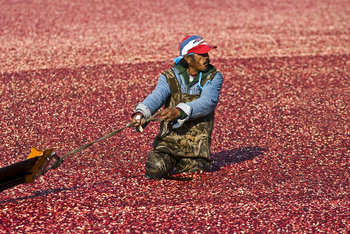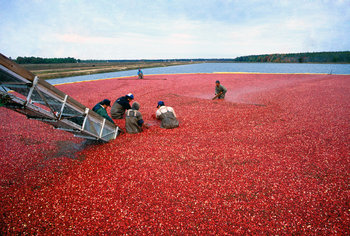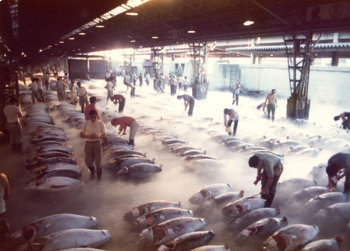
Producers
Customers see wheat from two different farmers as the same. As such, they substitute one farmer's crop for another without hesitation.Commodities
If rice gets expensive, people may buy more wheat in the form of bread.Products
Directly competing products such as two models of grand piano.Brands
Directly completing brands such as two brands of luxury shoes that are popular with women in their 30s and 40s.Services
Services such as a high speed train that competes with airlines for intercity travel.Events
A customer feels that tickets for a classical music concert are too expensive, so they go to a jazz club that night.Technology
It is common for one technology to disrupt another by becoming a more desirable substitution. For example, an internet service may be viewed as a substitute for cable TV services.Indirect Substitution
Substitution can be extremely indirect. For example, a student might considered the cost of a college education and decide to travel to Europe for an extended period instead.Inferior Goods
Inferior goods are things that you purchase more when your income declines. For example, fast food is an inferior good that is a substitute for a superior good such as fine dining.Notes
The opposite of substitute goods are complementary goods that have correlated demand. For example, sales of toys and rechargeable batteries are complementary.| Overview: Substitute Good | ||
Type | ||
Definition | Two products or services that fulfill the same customer need. | |
Related Concepts | ||






























